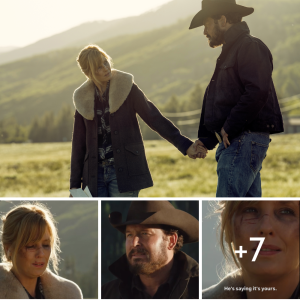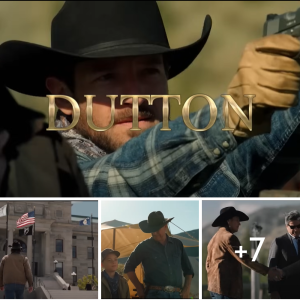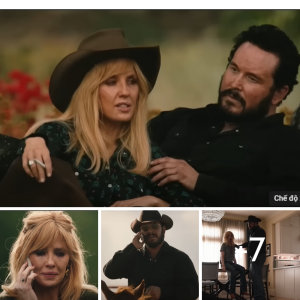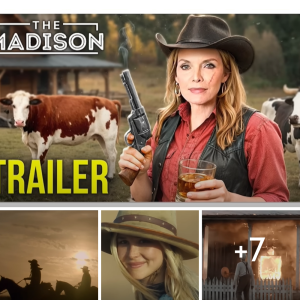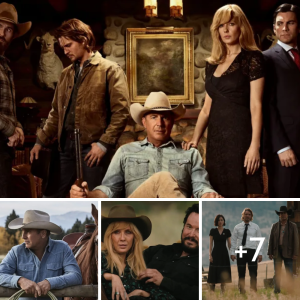In an industry dominated by rules, metrics, and manufactured perfection, Yellowstone exploded like a Molotov cocktail thrown straight at the heart of Hollywood. And that was exactly the point. In a stunningly honest interview with fellow filmmaker Peter Berg, Yellowstone creator Taylor Sheridan laid bare the raw truth: the show wasn’t just a drama—it was a rebellion.
“Yellowstone is a punk rock, rebellious teenage middle finger to TV, to Hollywood, and a bunch of different things,” Sheridan declared, with no intention of sugar-coating anything. His words weren’t just metaphor—they were mission. The show was always designed to break the rules, to spit in the face of convention. And yet, it became one of the most-watched and talked-about series of the decade.
Sheridan, known for Wind River, 1883, and Landman, knew from day one that Yellowstone was going to be messy, bold, and unpredictable. In his own words, it was “part pandering, part horse porn at sunset, and part Benny Hill.” That chaotic mix? It wasn’t accidental. It was his strategy—a deliberate, incendiary cocktail meant to tear down every polished image of what “good TV” was supposed to be.
But how did he get here? According to Berg, the secret to Sheridan’s brilliance isn’t just talent—it’s starvation. “You take a smart guy with a lot of talent and cage him for 20 years. He gets hungrier and hungrier—and then you let him out. The man’s got to eat,” Berg said. And when Sheridan was finally let loose, he devoured the landscape of television, one outlaw frame at a time.
After Wind River, Sheridan had high hopes and high ideals. But the reality of filming forced him to evolve fast. A blizzard ruined his planned shots, and he threw out his shot list. That moment—pure chaos—became his new creative compass. From then on, he embraced disorder as fuel for storytelling.
Sheridan never aimed for a refined, cultured piece of television. He wanted truth. Raw, unfiltered, violent, heartbreaking truth—exactly what life in Montana’s rugged frontier feels like. And the audience didn’t just watch it—they felt it.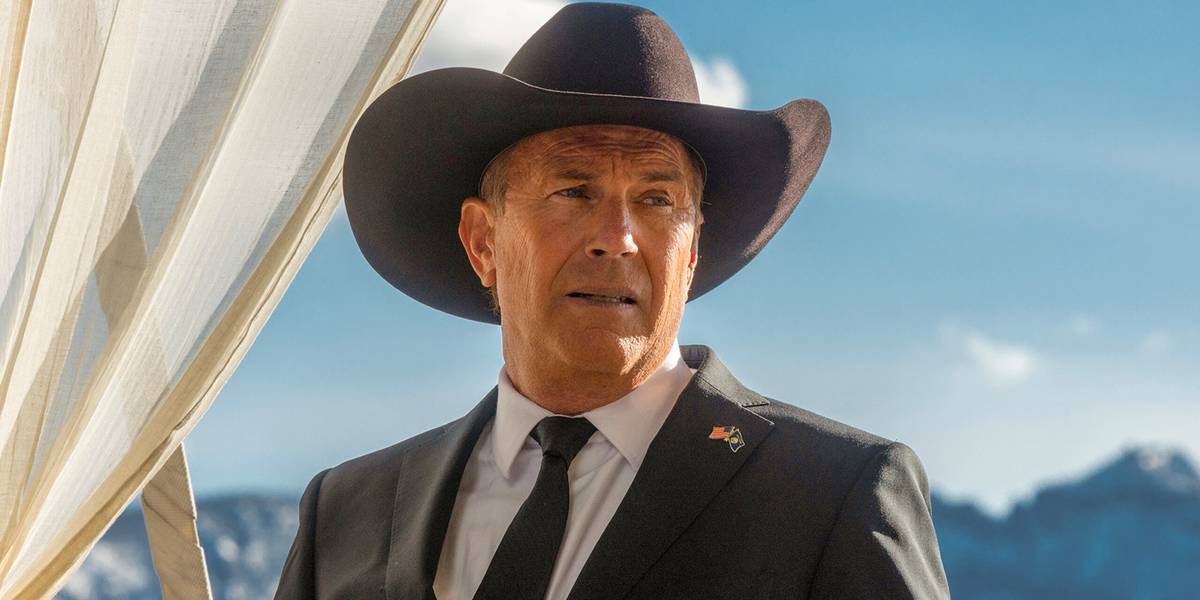
Now, with Yellowstone spawning mega-hit spin-offs (1883, 1923), and Sheridan crowned as TV’s most powerful creator, it’s clear the gamble paid off. He didn’t just rewrite the rules. He burned the rulebook and dared the world to look away.
But what if this is just the beginning?
Because if Taylor Sheridan’s past has taught us anything, it’s that when a caged rebel finally finds his voice…
he doesn’t stop.
He builds an empire.
